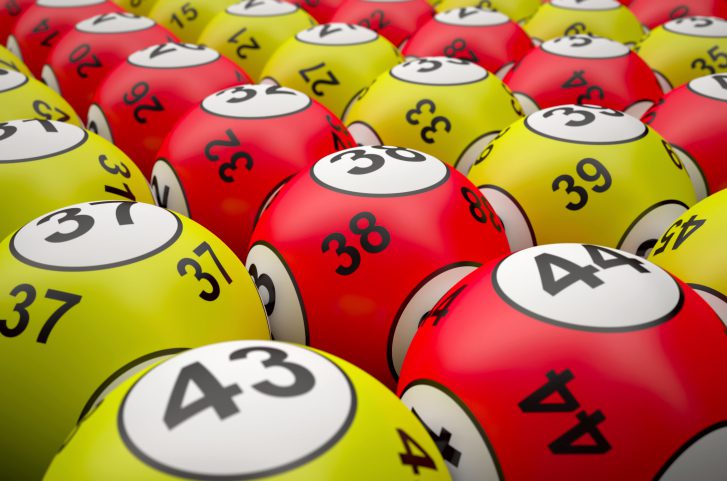Why lottery registration?

Almost one year ago, on February 19, 2013, registration for the 2013 Chicago marathon opened. Within minutes there were issues with eager runners trying to sign up, and a few hours later registration was closed, the race was partially filled, and many weren’t sure if they would get a chance to register. Nine days passed before organizers announced they would be filling the remaining race spots through a lottery system.
Each year the first-come first-served registration time was being cut back in large chunks as space in the event began filling up quicker and quicker. Last year the registration website crashed within minutes of opening because the demand for race bibs was so high. In January of this year, race organizers announced they were moving completely to a lottery-style selection for the 2014 event. But what is a lottery selection and how does it help alleviate the problems?
An entry lottery is a lot like a normal lottery; you buy a ticket and hope your name is drawn, only rather than drawing a single winning ticket the organizers may draw tens of thousands. If you’re name is picked you can run the race, although presumably the organizers aren’t actually pulling names from a hat.
But what’s the benefit?
There are a few benefits to this style of selection. First, it prevents server crashes like the one that happened when the Chicago marathon registration opened last spring. Servers can only handle so many users at once before they bust, and by taking away the incentive to be using the registration system right when it opens up organizers prevent huge traffic spikes to the website, allowing their servers to keep chugging. Similar problems pop up occasionally when concert tickets go on sale for big-name acts, but the problem in the music industry happens less frequently now as large ticket retailers have invested in the infrastructure required for the business.
Another benefit of a lottery selection is that it’s more fair. By giving runners a span of weeks or months to sign up for the lottery, it doesn’t prevent some from tossing their name in the hat because they don’t have access to a computer at the time registration opens. This was less of a problem a couple of years ago when, even if sign up windows were shortening, there was still a few weeks to get registered. Now races using the first-come first-served method can sell out within hours and someone who is at work may not even have a chance to register.
Usually entering the lottery costs entrants a small fee even if they aren’t selected. Aside from bringing in a few more dollars for the race, it helps prevent people from entering multiple times. It acts as a disincentive to singing up a whole bunch of times with the same information. There are other ways also used that prevent this further, but simply making it too costly to do so is a simple way of largely putting a kibosh on the problem.
Most races also offer other ways to get bibs as well. The usual ways around the lottery are time standards and charity runners. In Chicago, men and women who have run faster than 3:15 and 3:35, respectively, are guaranteed entry. Charity runners are guaranteed entry. Often repeat runners who have competed many times are also allowed to skip the line.
With Chicago switching over, all the world’s major marathons are now on lottery selections, along with tons of other events . In Canada the Cabbot Trail and Death Race relays are on lotteries.


